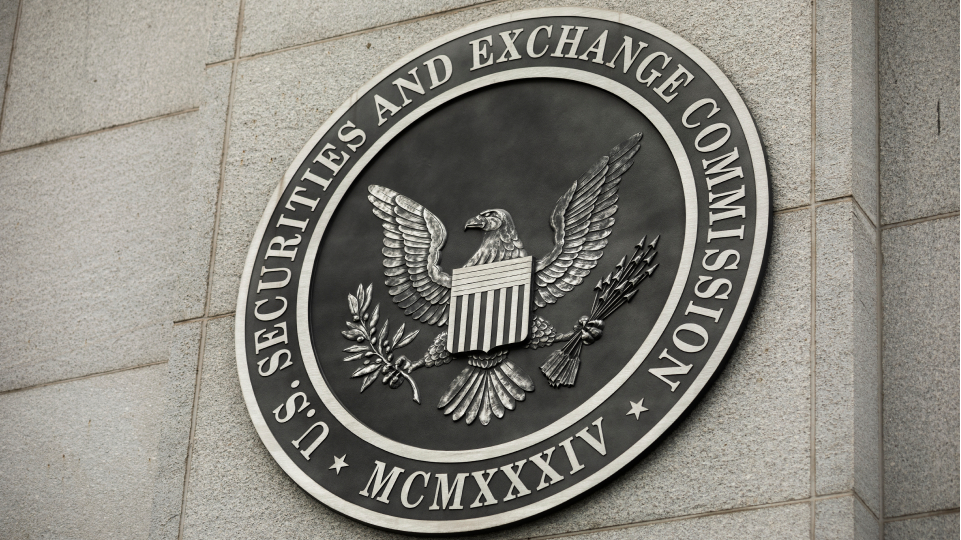|
Getting your Trinity Audio player ready...
|
In a move to bring regulatory transparency to the crypto industry, two Republican congressional representatives, Tom Emmer and Patrick McHenry, are pressuring the Securities and Exchange Commission (SEC) for clarity on how the agency views airdrops. The lawmakers, who have long advocated for clearer crypto regulations, addressed their concerns in a letter to SEC Chair Gary Gensler, warning that current interpretations of securities laws might hinder the growth of decentralized blockchain systems.
The Airdrop Conundrum
Airdrops refer to digital assets distributed to early adopters or users of certain blockchain protocols. They have become a significant mechanism for promoting decentralized networks, rewarding early participation, and expanding community engagement. However, their status under U.S. securities laws remains ambiguous.
In their letter, Reps. Emmer and McHenry assert that airdrops are being unfairly categorized as securities, potentially stifling innovation in blockchain development. They argue that airdrops are a fundamental part of blockchain ecosystems and demand the SEC offer more explicit guidance.
SEC’s Previous Actions on Airdrops
The SEC’s regulatory stance on airdrops stems from a 2018 enforcement action against Tomahawk Exploration’s initial coin offering (ICO), where the agency concluded that tokens distributed for free, such as airdrops, could still be considered securities. According to the SEC, even though no money changes hands, airdrops can create public markets, which is a key factor in classifying assets as securities under the Howey Test.
The SEC’s rationale draws parallels to its actions during the dot-com bubble, where “free stock” promotions were also classified as securities. In those cases, issuers distributed free shares in exchange for information and participation, which the SEC deemed a transaction of value.
Crypto Advocates Fight Back
The regulatory uncertainty has prompted industry backlash. Earlier this year, the DeFi Education Fund, along with Beba Collective, sued the SEC, seeking judicial clarification that Beba’s airdropped token was not a security. The case, still awaiting resolution, highlights the ongoing tension between regulators and crypto advocates.
Emmer and McHenry argue that airdrops should not be treated differently from traditional rewards programs such as credit card points or airline miles, which are also given as incentives but are not classified as securities.
With the House Financial Services Committee set to question SEC Commissioners in an oversight hearing on September 24, the timing of Emmer and McHenry’s letter is critical. They expect the SEC to provide a clear response by September 30, potentially shaping future crypto regulations. McHenry, who chairs the committee and will not seek re-election, will play a pivotal role in the discussions.
As crypto markets await the SEC’s response, the broader industry remains hopeful for a regulatory framework that encourages growth rather than stifling innovation.
Disclaimer: The information in this article is for general purposes only and does not constitute financial advice. The author’s views are personal and may not reflect the views of Chain Affairs. Before making any investment decisions, you should always conduct your own research. Chain Affairs is not responsible for any financial losses.
Crypto and blockchain enthusiast.




